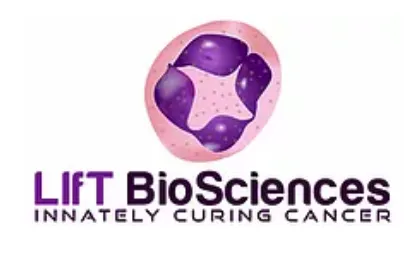The group launched within the framework of the Human Induced Pluripotent Stem Cells Initiative (HipSci) project, funded by Wellcome and MRC implementing methods to characterise cell behaviour of human iPS cells based on microscopy images, collating data with genomics. This work has formed the basis for an innovative collaborative cell phenotyping space - The Stem Cell Hotel.
The research group led by Davide focuses in particular on two model systems: human iPS and patient-derived brain tumour cells. The combination of imaging, biology and artificial microenvironments is aimed directly towards establishing novel platforms for translational research with applications to drug discovery, precision medicine and future therapeutic approaches.
Davide holds an MD from University of Milan, a PhD in Molecular Oncology from the European Institute of Oncology and completed his postdoctoral training with Austin Smith and Steve Pollard at University of Cambridge and University College London. He is a FLIER (Future Leader in Innovation, Enterprise and Research). of the Academy of Medical Sciences.
Our Partners
GlamAI - https://www.glamorous.ai partner in Innovate UK funded project ‘Glioblastoma Multiforme Patient Stratification through Novel integration of Artificial Intelligence, Big Data and Phenotypic Screening’)
LIfT BioSciences - https://www.liftbiosciences.com partner in MedCity funded project ‘A Proof of Concept study for the reprogramming of iPSC to manufacture cancer killing neutrophils’
In parallel to his role at King's, Davide has recently joined an award-winning Cambridge biotech.


